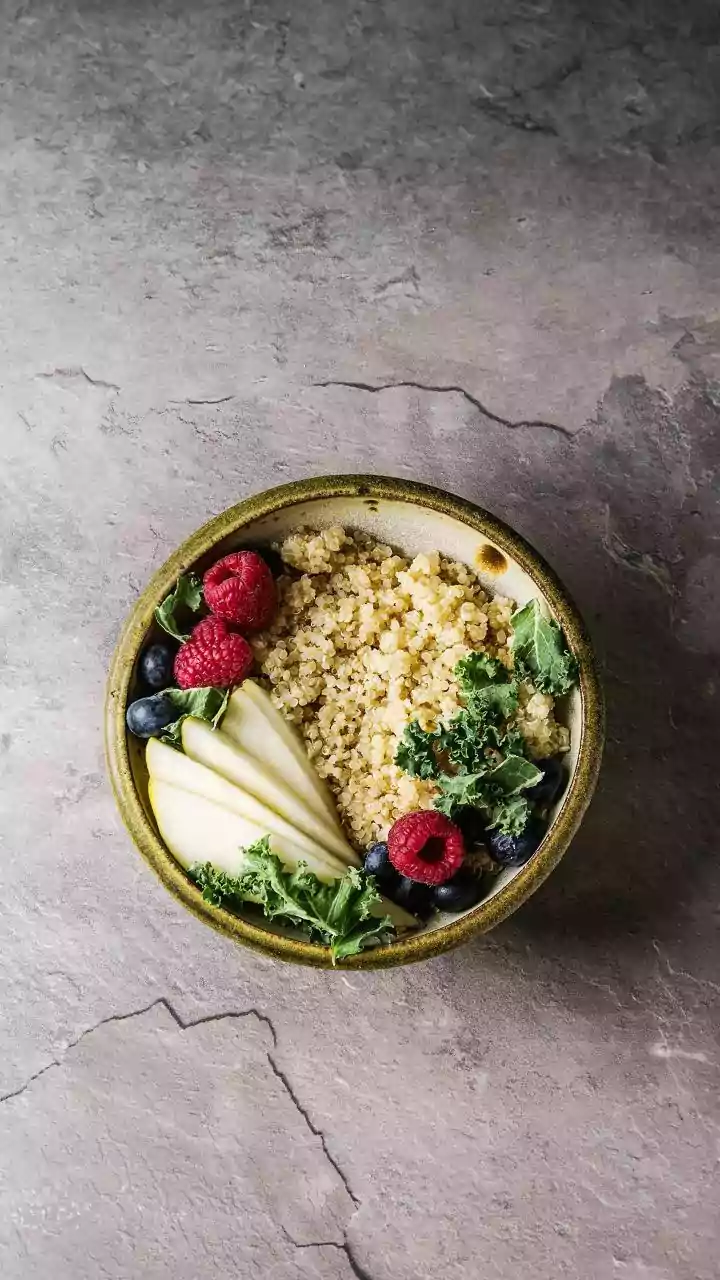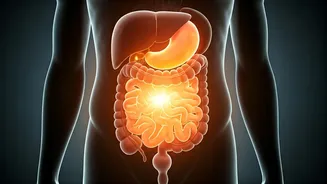Initial Absorption Phase
The journey of water through your body begins the moment you take a sip. When you drink water, it swiftly makes its way into your stomach. This initial
phase involves the stomach and small intestine, where a significant part of the water absorption process unfolds. Generally, within a few minutes of drinking, water starts to be absorbed. This absorption is not a uniform process; instead, it depends on various factors. For example, the rate can change based on the amount of water you drink at once and what you consume along with it. A well-hydrated body is essential for optimum health and allows all bodily processes to function efficiently.
Factors Affecting Hydration
Several elements affect how swiftly your body absorbs water. The rate of absorption is notably influenced by the quantity of water ingested. Consuming a large volume of water rapidly can slow down absorption, whereas taking smaller sips throughout the day facilitates a steadier and more efficient hydration process. The composition of the water also matters. Water mixed with electrolytes, such as those found in sports drinks, might be absorbed quicker than plain water. The presence of food in your stomach can also influence absorption. Water is absorbed quicker when your stomach is relatively empty. Additionally, your physical activity level plays a role; exercise can speed up hydration requirements. Ultimately, the best hydration strategy involves considering these factors to tailor your water intake to your specific needs.
Reaching Complete Hydration
Achieving full hydration is a gradual process that extends beyond immediate absorption. After the initial absorption in the stomach and small intestine, water moves into the bloodstream and is distributed throughout the body. It then travels to the cells, where it plays a critical role in different biological functions. The exact time for achieving complete hydration varies. Several factors influence how fast this happens, but it typically takes between 30 to 60 minutes for the body to fully absorb water. This timeframe can shift based on individual differences, intake amount, and the presence of other substances. Therefore, continuous hydration throughout the day is key to maintaining optimum body functions, and it's essential for overall health.
Tips for Optimal Hydration
Optimizing your hydration involves several practical strategies. One of the simplest methods involves drinking water consistently throughout the day, instead of waiting until you feel thirsty. Keep a water bottle with you and refill it regularly to ensure access at all times. Additionally, consider how much water you need, considering your activity level, the weather, and your overall health. Drinking water is not the only source of hydration. You can also hydrate through various foods such as fruits and vegetables, which contain high amounts of water. Finally, pay attention to signals from your body. Dry mouth, fatigue, and headaches can all be signs of dehydration, so make sure to respond promptly by increasing your water intake to promote effective hydration.
















